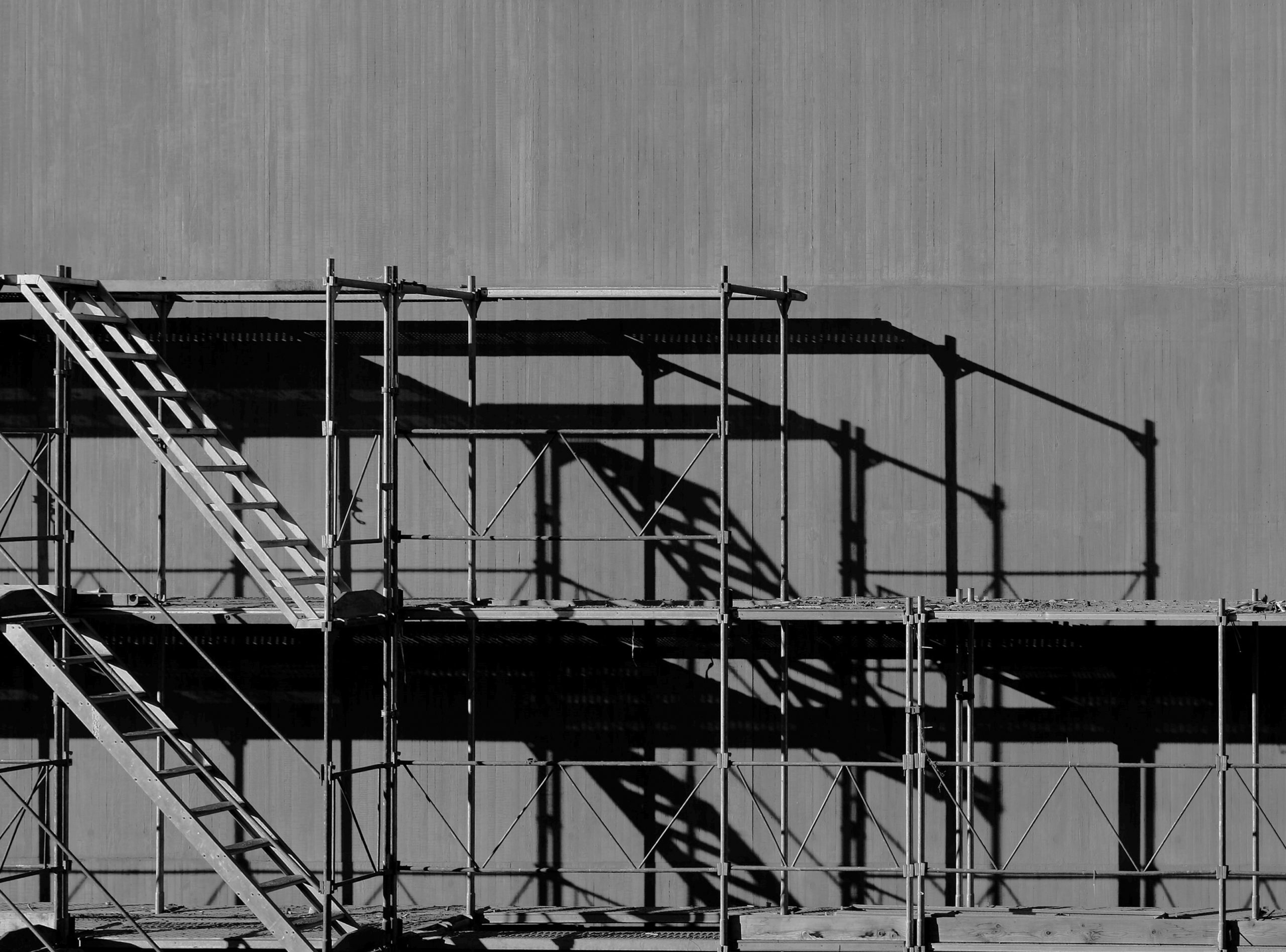[COVID-19] The fate of planning permission during a state of emergency

Updated information, as of the date of publication of this article
The State of Health Emergency was implemented on March 12, 2020, by the Law of March 23, 2020.
Each professional sector at risk benefited from an ordinance aimed at cushioning the economic impact of the confinement measures and abrupt shutdown of the country’s activities.
However, the property development and housing sectors, and therefore construction, are heavily penalized by Ordinances 2020-305 and 306 of March 25, 2020. Obviously, this debate will be put into perspective, given the scale and seriousness of the health crisis affecting France and the world.
As this essential reservation is carefully set out, the effects of the measures adopted in relation to town planning authorizations are far-reaching, at the level of any real estate operation. At this stage, the exceptional regime provided for until May 24, 2020, has only one positive effect, the rest being a set of negative measures, acknowledging that local authorities would not be able to telework (whereas local administrations have demonstrated the opposite every day).
All the temporal effects of the state of emergency are set for a “period” between March 12, 2020 and June 24, 2020. The end of this “period” corresponds to the date of the end of the state of emergency (currently set at May 24, 2020), plus one month (i.e. June 24, 2020) (art. I-1 of Ordinance No. 2020-306). If the date of May 24, 2020, the date of the end of the state of emergency, were to be brought forward, or worse delayed, all the effects seen below would have to be rescheduled (new date + 1 month).
The effects of a state of emergency mainly affect the permit applications to be filed, or already filed, or even some permits already obtained:
- For permits obtained (well) before the state of emergency (March 12, 2020), and which would lapse during the “period” between March 12, 2020 and June 24, 2020, they are automatically extended for 2 months, starting June 24, 2020. They are therefore valid until August 2, 2020.
This is the only positive measure of the exceptional regime. Little consolation: the probability that a promoter who holds a 5-year old permit (i.e. 3 years of validity, plus 2 years of extension), expiring in the 2nd quarter of 2020, and who would still find some interest in its implementation, seems rather low … That’s an understatement!
- For permits obtained but not yet purged before March 12, 2020:
With these permits, the negative measures begin:
There are 2 cases, depending on whether the permit is posted before or after April 24, 2020:
- – 2.1- Permits, (which before the rules of exception) were subject to appeal until June 24, 2020 (i.e. whose first day of posting is set before April 25, 2020:
Their deadline for third party appeals is extended for 2 months, starting on June 25, 2020, i.e. until August 25, 2020. Indeed, the end of their “normal” deadline for appeal falls during the effective “period” of the state of emergency (June 24, 2020).
Thus, for example, a permit, which was due to be served on March 15, 2020, is exposed to an appeal, either contentious or from the prefect (if the deadline for prefectural referral had not expired by March 12, 2020) until August 25, 2020. In the event of an ex gratia appeal presented to the mayor’s office on August 25, 2020, then tacitly rejected by the mayor on October 25, 2020, a request would still be admissible on December 25, 2020…
It will therefore be necessary, in order to then feed the notary’s data room, to require the usual bailiff to make a triple set of reports, between June 25, 2020 and August 25, 2020, on the regularity of the regulatory notice board (filled in with the usual care).
- – 2.2 – building permits, for which the deadline for appeal will end after June 24, 2020:
These are the permits, which will be posted after April 24, 2020.
The end of the time limit for appeal, falling after June 24, 2020 (end of the effective “period” of the state of health emergency), their time limit for appeal will therefore not be extended.
Thus, with an end to the effect of the state of emergency maintained on June 24, 2020, a permit posted on April 25, 2020, will be purged on June 25, 2020 (and not on August 25, if it had been posted before April 25, 2020).
This is as stipulated in the texts.
This applies if the effects of the state of emergency are not postponed;
If the Ordinance of 25/03/20 No. 2020-306 is not modified ;
And if case law validates the opposability of a posting, in a period of confinement.
- With regard to permit applications under investigation as at March 12, 2020,
We know, by another exceptional measure, that outgoing mayors, who were due to leave office on March 15 or 22, 2020 (i.e. official date of Mayoral elections), have kept their mandates: they can therefore sign the building permit decrees. They even have full powers, and even more than in the ordinary law period.
That said, for a variety of reasons, including electoral reasons related to the new elections scheduled for next June (or in the fall), the mayor may not sign anything, as the entire investigation process is completely frozen.
All current investigation deadlines in force on March 12 (such as the one-month period, available to the investigating department, for notifying document requests; the deadlines for submitting opinions from the authorities, commissions and services consulted (SDIS; CC Accessibility; ABF …), whose consultations were launched before March 12, 2020) are suspended until June 24, 2020.
(Art 7 Ordinance No. 2020-306)
A suspension of the deadline means that as of June 25, 2020, the “balance” (and only the balance) of the current deadline will restart.
Thus, for a commercial project, a CDAC, seized on February 12, 2020, in the context of the investigation of a permit, and which had to rule before April 12, 2020, saw its investigation period (of 2 months) suspended on March 12, 2020; the balance of its investigation period (1 month), will resume on June 25, 2020, whereas the positive opinion of the CDAC may then be tacitly obtained on July 25, 2020.
- For permit applications filed since March 12, 2020 (or, for applications filed before March12, but where the authorities, commissions and services had not yet been consulted for an opinion as at March 12, 2020, and which had to be consulted before June 24, 2020):
All the instruction time limits (such as the one-month time limit for the instructing service to notify the time limit for instruction); and all the time limits normally given to services, authorities, commissions, not yet consulted by March 12, 2020, have their starting point postponed to June 24, 2020. (Art. 7 al.2 Ordinance No. 2020-306).
The extension given to the services to be consulted, to give their opinion, does not prevent the instructing services from sending the file to them for their opinion! Beware…
A suspension of the deadline means that as of June 25, 2020, the “balance” (and only the balance) of the current deadline will restart. Thus, for a permit filed on March 13, 2020, without the investigation period launched, the petitioner will know, between June 25, 2020 and July 25, 2020, if his file is considered complete and what the investigation period will be.
- With regard to the permit applications that were almost entirely processed, and which were supposed to make it possible to obtain a tacit permit beyond March 12, 2020, in the absence of a response from the mayor:
The time limit for obtaining the tacit permit is also suspended.
Thus, an entire file submitted on January 13, 2020, subject to a 3-month investigation period, could give rise (except for the provisions of Article R 424-2 of the Urban Planning Code, listing the cases of tacit refusal), to a tacit permit on March 13, 2020.
By one day, because the tacit construction permit (“CP”) was to be obtained after the fateful date of March 12, the tacit CP shall not be obtained on March 13, 2020, but on June 25, because the “balance” of the investigative period (1 day) begins to run again on June 25, 2020.
In conclusion, these exceptional provisions authorize local authorities not to examine and issue planning authorizations between March 12, 2020 and June 25, 2020 (if the end of the state of emergency remains set for May 24, 2020).
But the right not to investigate a permit application does not prohibit the investigation.
The right not to issue a permit does not prohibit the issuance of a permit.
Hence local authorities and elected representatives can also make a substantial contribution to the national economic effort, by avoiding a diversion of the issued authorizations, in order to continue the essential production of housing.

